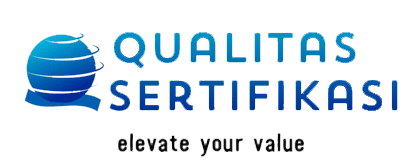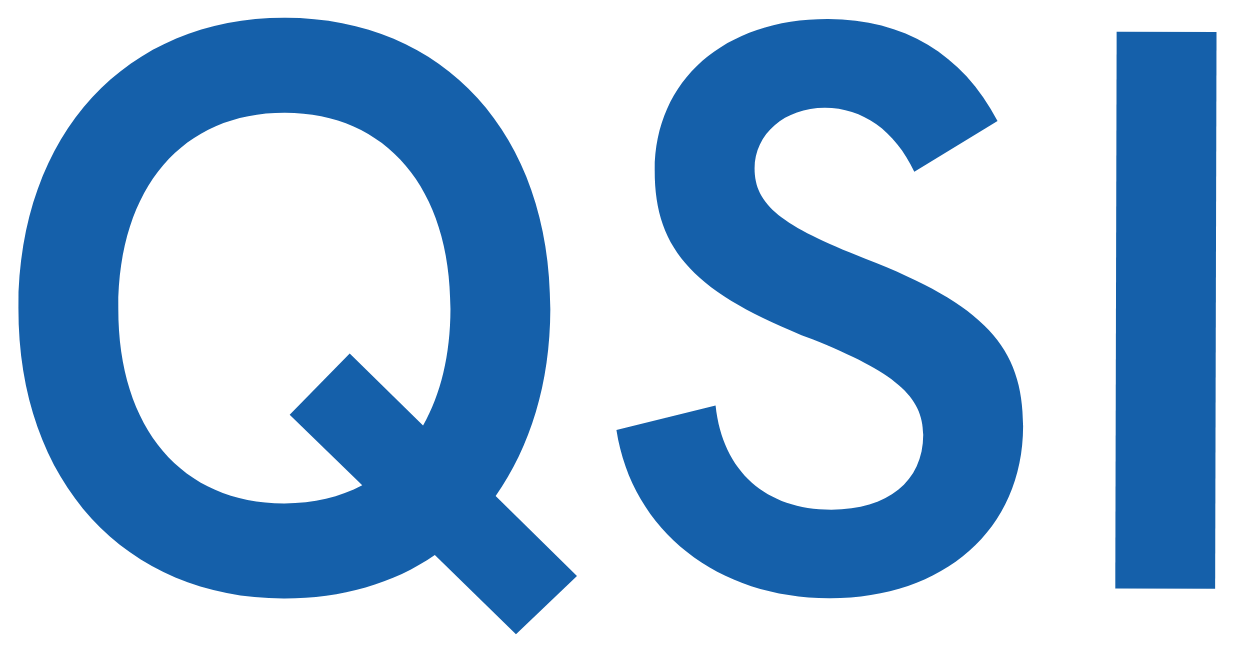Textile Training
List of Services
-
GOTSList Item 1
The Global Organic Textile Standard (GOTS) is recognised as the world's leading processing standard for textiles made from organic fibres. It defines high-level environmental criteria along the entire organic textiles supply chain and requires compliance with social criteria as well.
Only textile products that contain a minimum of 70% organic fibres can become GOTS certified. All chemical inputs such as dyestuffs and auxiliaries used must meet certain environmental and toxicological criteria.
The aim of the standard is to define world-wide recognized requirements that ensure organic status of textiles, from harvesting of the raw materials, through environmentally and socially responsible manufacturing up to labelling in order to provide a credible assurance to the end consumer. Textile processors and manufacturers are enabled to export their organic fabrics and garments with one certification accepted in all major markets.
The new GOTS version 6.0 was released in mid-March 2020. It replaces the previous version 5.0 and comes into force on March 1, 2021.
The GOTS press release of 19 March 2020 states
The new GOTS version 6.0 will be released this Thursday, 19th March 2020. The approach of the revision process, undertaken every three years, is to set stricter ecological and social criteria while maintaining relevance of the Global Organic Textile Standard. International Stakeholders with expertise in the field of organic production, textile processing, textile chemistry, and social criteria and industry representatives, NGOs and consumers contributed to the new version 6.0, throughout the last year in several consultation rounds.
GOTS defines world-wide recognized requirements that ensure third party certified organic status of textiles with full traceability from field to finished product. With this aim in mind, key requirements such as certified organic fibre content, the general ban on toxic and harmful chemicals, conventional cotton and virgin polyester as well as the social compliance management have been maintained, while other criteria became stricter.
When it comes to GOTS Environmental Criteria, Product Stewardship and Environmental Health and Safety (EHS) requirements have been introduced for approved chemical formulators.
The newly released test protocol ISO / IWA 32 for GM screening of cotton serves as the recognized screening method of GMO presence.
The new version withdraws the relaxation for the additional regenerated and virgin synthetic fibre content for Socks, Leggings and Sportswear.
Additionally, Product Quality Standards for Colourfastness and Dimensional Stability are now mandatory. Specific new requirements for Tampons and Food Contact Textiles have been included.
Regarding GOTS Social Criteria GOTS included more dynamic elements: Certified Entities will now have to calculate the gap of actually paid wages to ‘Living Wages’ (according to recognized calculations methods).
Furthermore, they will be encouraged to work towards closing this gap. Specific references to OECD Due Diligence Guidance and Good Practice Guidance for Social Criteria and Risk Assessment as well as Ethical Business Practises have been explicitly included.
“The GOTS Version 6 progressively furthers our Mission. Pursuant to one of the most prolific comment periods in its revision history, GOTS continues to mature in scope, following keen consultations within the GOTS Standards Committee, external experts and inputs from stakeholders. I am delighted with the outcome of these deliberations and am confident that GOTS will continue to remain in the leading position that it is.” Rahul Bhajekar, GOTS Managing Director and Coordinator Standards Committee.
The transition period for users of GOTS to fully comply with the new version will be one year. The Standard Version and the corresponding Implementation Manual, as well as the list of changes, are available on the website and can be downloaded.
*The training services are intended for internal use only or companies who want to learn in depth about required standards and to help achieve certification activity
-
GRSList Item 2
The Global Recycled Standard (GRS) is an international, voluntary, full product standard that sets requirements for third-party certification of Recycled Content, chain of custody, social and environmental practices, and chemical restrictions. The goal of the GRS is to increase use of Recycled materials in products and reduce/eliminate the harm caused by its production.
*The training services are intended for internal use only or companies who want to learn in depth about required standards and to help achieve certification activity
-
RCS
The Recycled Claim Standard (RCS) is an international, voluntary standard that sets requirements for third-party certification of Recycled input and chain of custody. The goal of the RCS is to increase the use of Recycled materials.
*The training services are intended for internal use only or companies who want to learn in depth about required standards and to help achieve certification activity
-
OCS
The Organic Content Standard (OCS) is an international, voluntary standard that provides chain of custody verification for materials originating on a farm certified to recognized national organic standards. The standard is used to verify organically grown raw materials from the farm to the final product.
*The training services are intended for internal use only or companies who want to learn in depth about required standards and to help achieve certification activity




